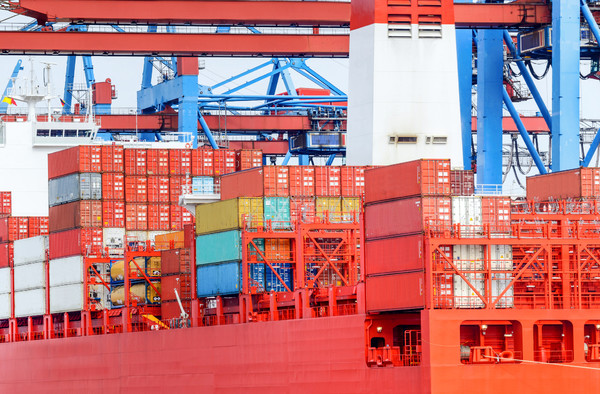On August 29, 2024, the container ship X-Press Pyxis experienced a failure of the stern tube system whilst en route from Busan, South Korea to Yokohama, Japan. It was reported that the vessel was unable to complete its voyage under its own power and had to be towed to Yokohama Port where its cargo was discharged from the vessel in order to carry out repairs. The vessel’s owners declared general average (GA). Most cargoes on board were destined for Japan, USA and Canada (Vancouver being the Canadian entry port). At the time, most marine underwriting offices across Canada had been busy dealing with an onset of general average claims. One insurer reported having to deal with 174 containers and the corresponding GA paperwork, opening claims and setting up reserves, utilizing considerable resources.
Over the years, the pros and cons concerning the practice of general average have been debated, particularly in the case of container ships, which can carry thousands of containers, involve multiple insurers, and total cargo values exceeding the value of the vessel. The process has become more complex, time consuming and expensive. Moreover, it has been noted that “the majority of general average incidents today are the result of negligence in maintenance or operation of the ship, along with machine and engine failure”, rather than actual sacrifice of ship or cargo. On the other hand, it can be argued that there is some degree of consensus among marine insurance practitioners that “general average is a very practical solution for sorting out distribution of losses following major maritime casualties”. In other words, it is necessary.
As has been reported, the number of general average cases has substantially increased over the last five to seven years. What used to be classified as a major cargo event is now seen as “a frequency event, as well as an intensity event”. The case of the X-Press Pyxis involved a vessel that was new at the time of the casualty, having been delivered to its owners in May 2024. It is interesting to note that many commentators, including shippers and freight forwarders, have posted online comments questioning general average in this instance. One such comment stated “Can anyone more familiar with general average explain? I don’t understand how the vessel owners can do this when it’s a mechanical issue with their vessel. It’s not like it was an Act of God or containers on the vessel exploded…in my eyes they just want all importers on this vessel to help fix their broken ship.
Can it be argued that in this case we are dealing with a warranty issue and perhaps a claim outside the scope of general average? Further investigation continues into the matter and we will watch with interest.
